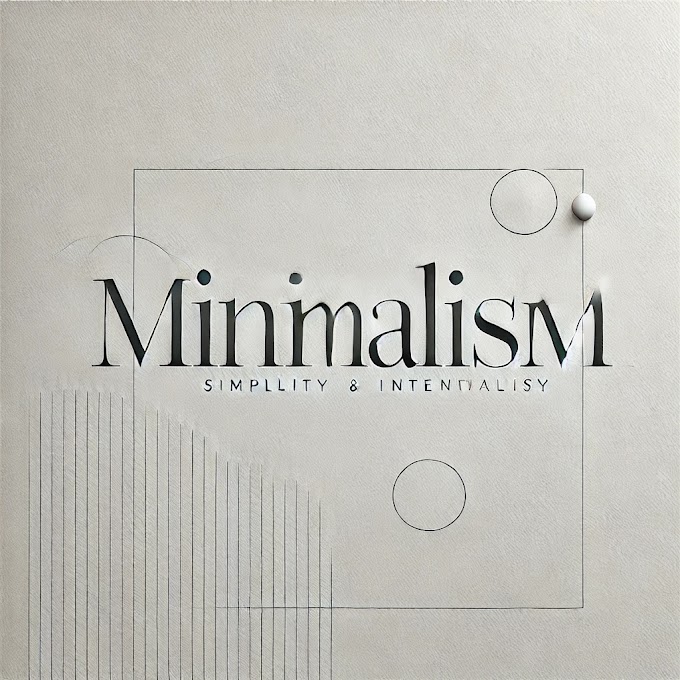In the hustle and bustle of modern life, self-care often takes a back seat to responsibilities, deadlines, and endless to-do lists. However, nurturing yourself is not a luxury—it’s a necessity for mental, emotional, and physical well-being. In this blog, we’ll explore the concept of self-care, its importance, and how to create a personalized routine that enhances your life.
What is Self-Care?
Self-care is the practice of taking intentional actions to care for your physical, emotional, and mental health. It's not just about pampering yourself, though that's a part of it, but about creating sustainable habits that ensure balance and resiliency in your daily life.
Self-care includes:
Physical care: exercise, proper nutrition, rest.
Emotional care: processing feelings, seeking support, practicing self-compassion.
Mental care: participating in activities that challenge and engage your mind.
Why is Self-Care Important?
Self-care is important because it:
Reduces Stress: Time out for oneself clears cortisol levels and helps in dealing with stress effectively.
Improves Mental Health: It leads to emotional stability, reducing the potential for anxiety and depression.
Improves Productivity: You are capable of concentrating fully and giving your best performance when well-rested and balanced.
Improves Relationships: A healthy love for oneself translates into a deep, caring love for others.
The Myths About Self-Care
Despite all its benefits, self-care is misconstrued at times. Let's debunk some of the most common myths about self-care:
Myth 1: Self-care is selfish. Truth: The better you take care of yourself, the better you can show up for others.
Myth 2: It's expensive. Truth: Self-care does not have to involve spas and products; it could be as simple as a quiet walk or even journaling.
Myth 3: It's time-consuming. Truth: As little as five minutes of mindfulness or deep breathing can make a difference.
Building Your Self-Care Routine
Assess Your Needs
Name first those areas of your life that are in need of attention. Are you physically exhausted? Emotionally drained? Mentally scattered? You have to know your needs, and that is the first step.
Set Boundaries
Learn to say no to obligations that drain you. It is a radical act of care for self to protect your time and energy.
Incorporate Small, Consistent Habits
Self-care is not about those big gestures; it's all about consistency. Examples include:
Drinking enough water.
Meditate or stretch for 10 minutes a day. Go to bed at the same time every day. Make Time for Joy Schedule time doing activities that bring you true joy, whether it is reading, painting, dancing, or gardening.
Seek Support When Needed
Sometimes, self-care involves seeking out a therapist, coach, or support group to help you work through issues.
Ideas for Simple Self-Care Practices
Physical Self-Care:
Take a brisk walk outside to get your mood and energy going. Prepare a healthy meal or snack.
Commit to yoga, dancing, or to a workout to move your body.
Emotional Self-Care:
Write down in a journal as a way to process your thoughts and emotions.
Watch your favorite uplifting movie or listen to music that soothes your soul.
Say affirmations such as, "I am enough," or "I deserve care and love."
Mental Self-Care:
Dedicate time to reading a book or learning something new.
Clean your workspace so it will be an easy environment in which to be.
Limit screen time to reduce digital fatigue.
Social Self-Care:
Connect over a meaningful conversation with a loved one.
Be part of a hobby group or community where interactions with like-minded people can take place.
Schedule an informal meet-up with friends or family members.
Self-Care and Lifestyle Alignment
True self-care isn't a quick fix but inculcates practices into our lifestyles. Only when self-care is aligned with values will that self-care automatically be inalienable and genuinely woven into our daily lives.
For example:
If health is a priority, then plan regular meals and movement.
If creativity fuels you, make time for a hobby.
If relationships matter most, make time for nurturing them regularly.
Overcoming Obstacles to Self-Care
Guilt:
The biggest reason people feel guilty for taking time out for themselves. Remind yourself that self-care is not a luxury but a necessity.
Time Constraints:
Even the shortest acts of self-care-a 5-minute breathing exercise-can be beneficial.
Lack of Motivation:
Start small. One positive habit can snowball into a more comprehensive routine.
The Ripple Effect of Self-Care
When you take care of yourself, it doesn't just stop at you. You'll find that you're even more present with others, patient, and kinder toward them, too. It creates this ripple effect of making not just your life but the lives of others around you better.
Conclusion
Self-care is not an occasional indulgence; it's a vital part of living a balanced, fulfilling life. With small, intentional changes, you can create a routine that nourishes your mind, body, and spirit.
Remember, the journey to The Better You begins with self-care. So today, pick one practice to bring into your routine and watch how it shifts your energy, perspective, and overall well-being.


.jpeg)




